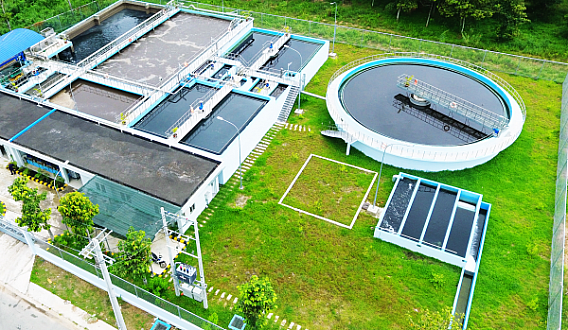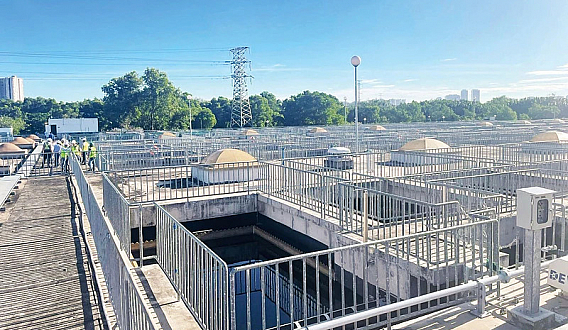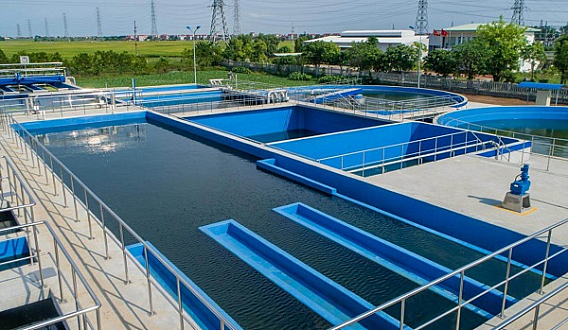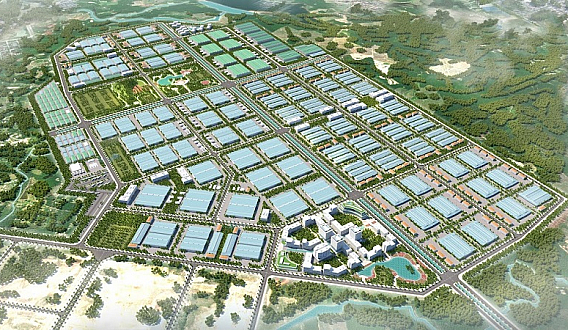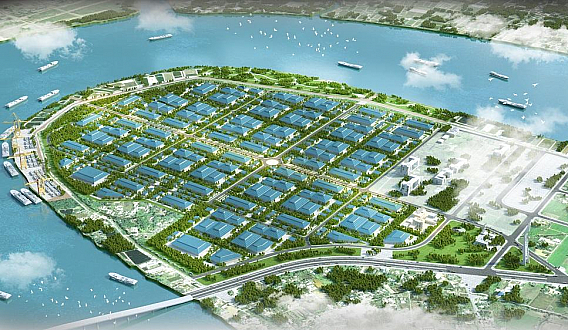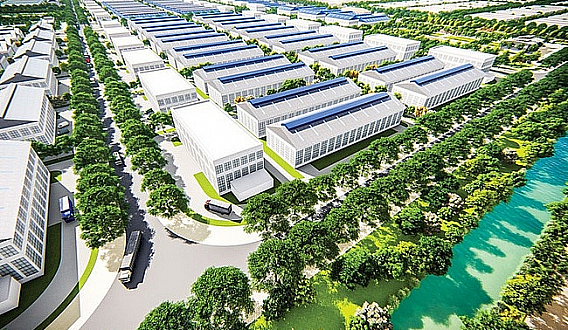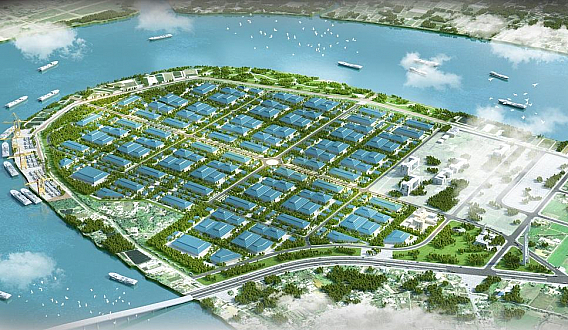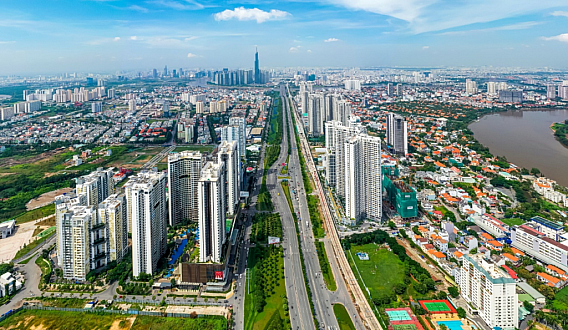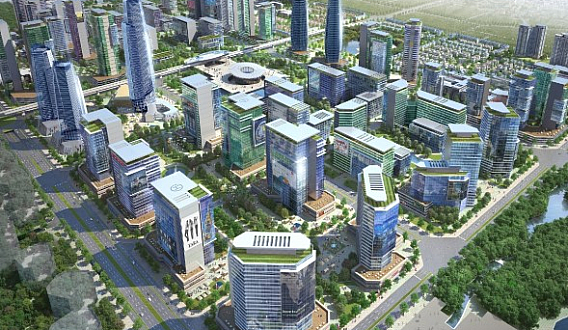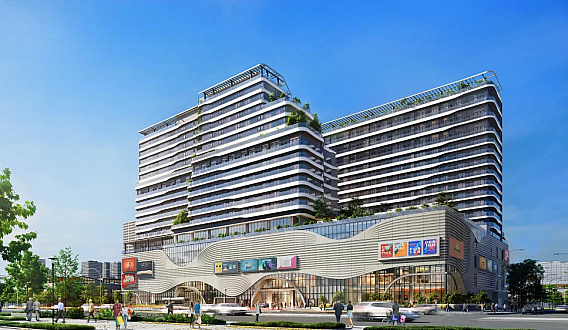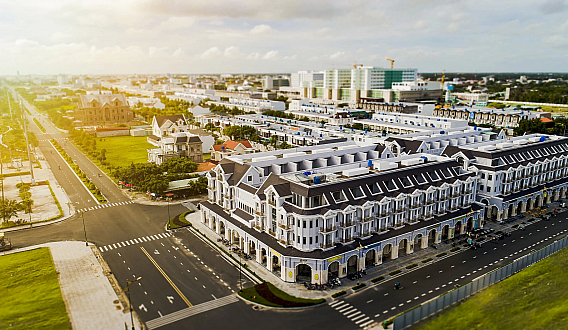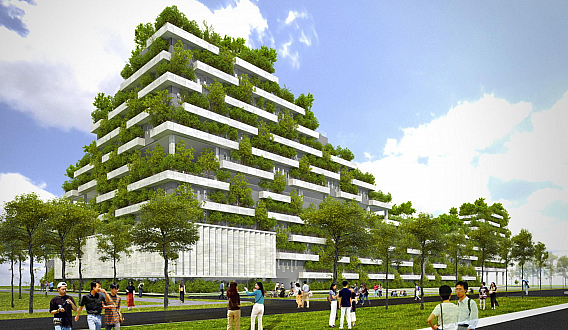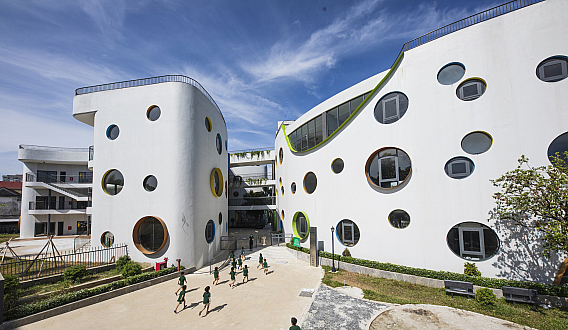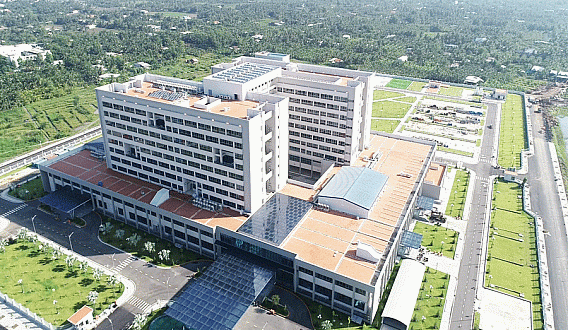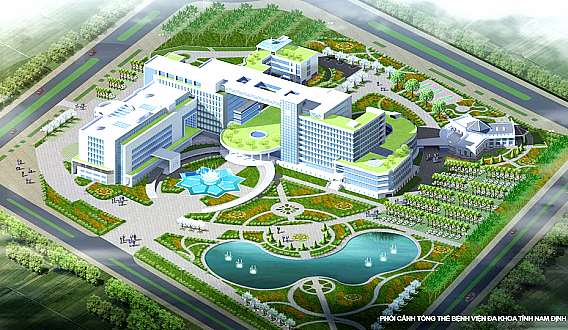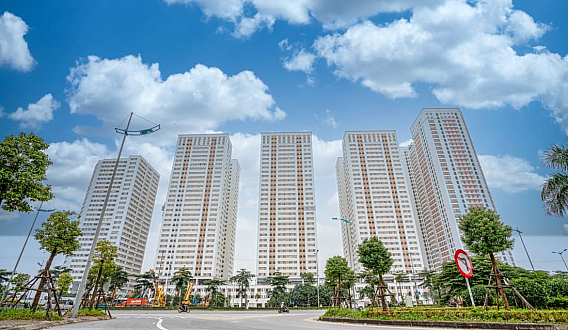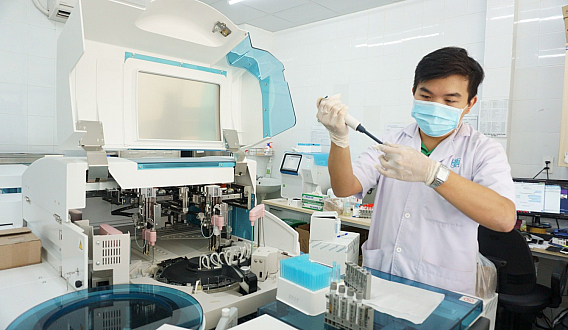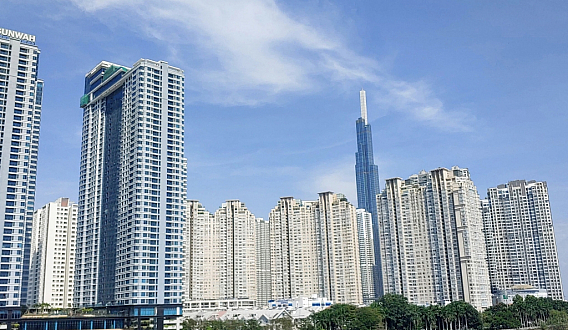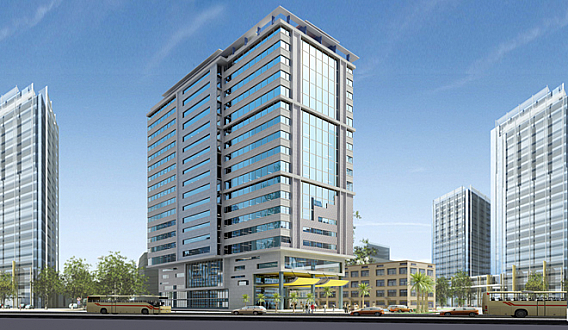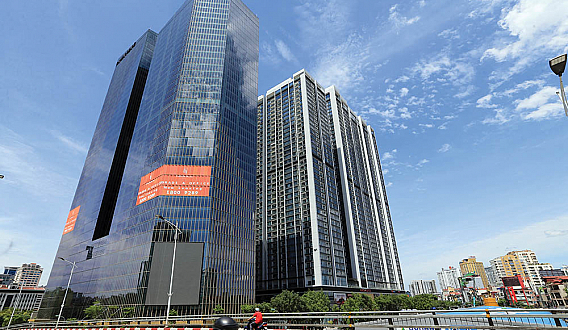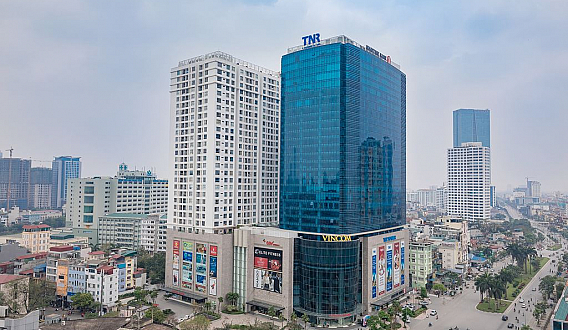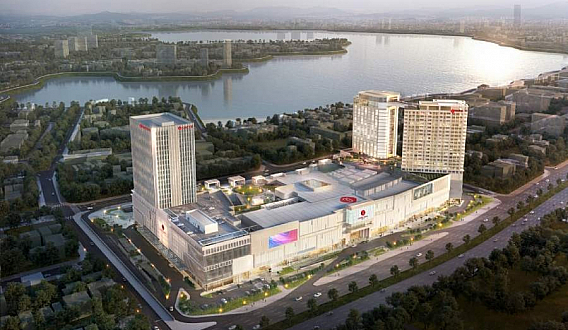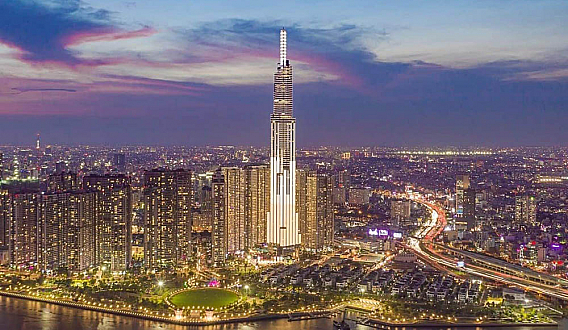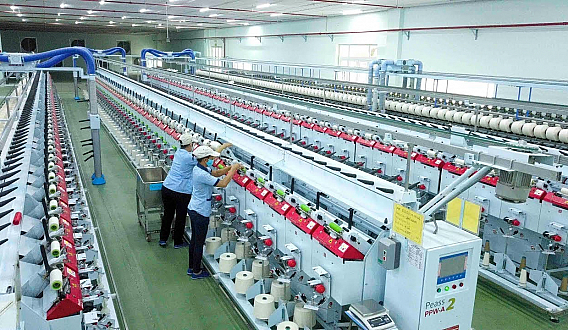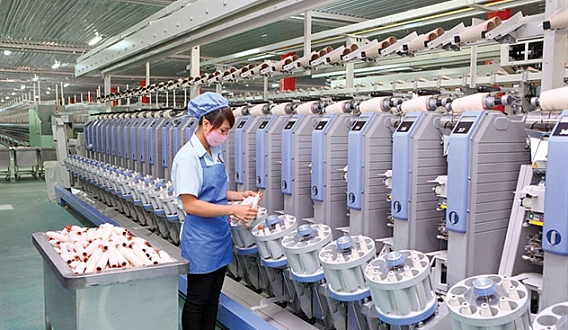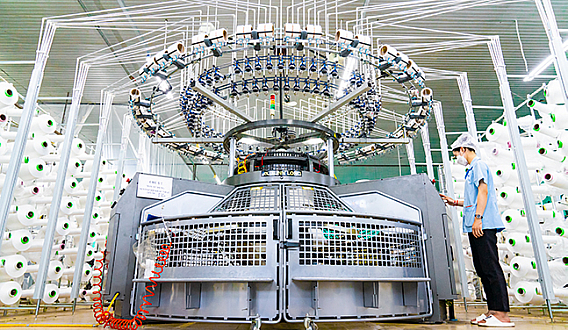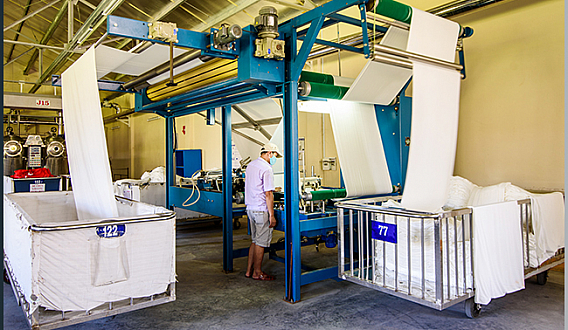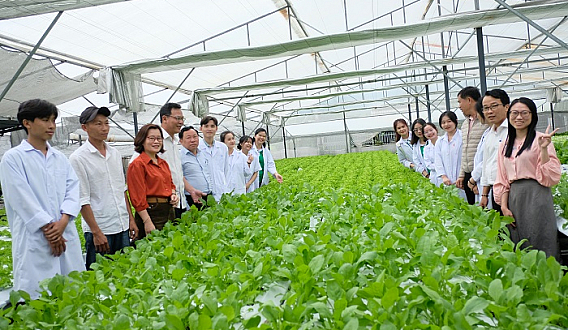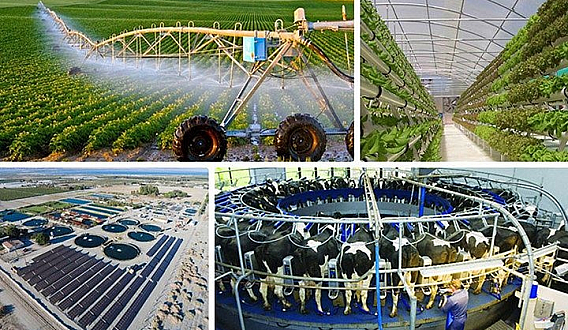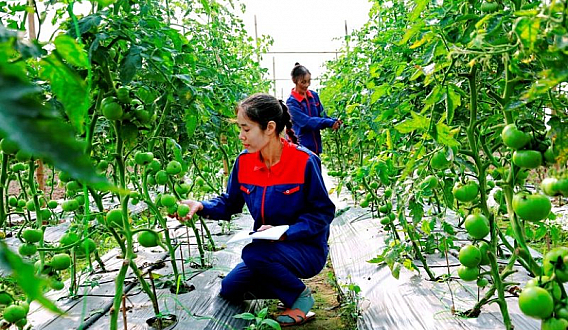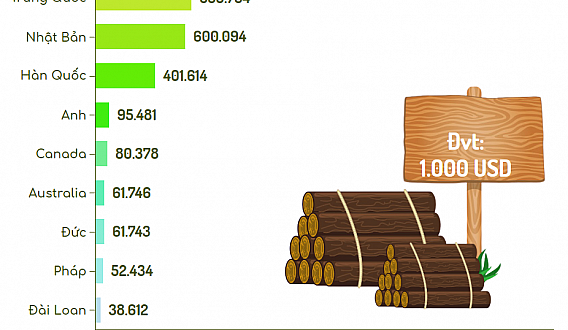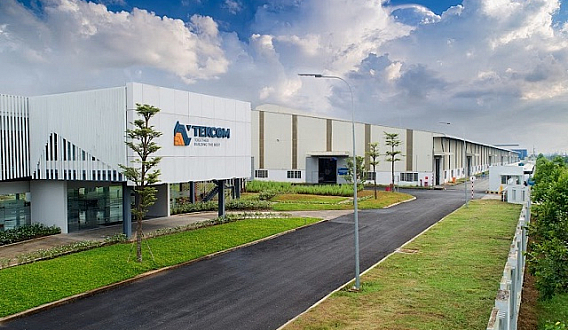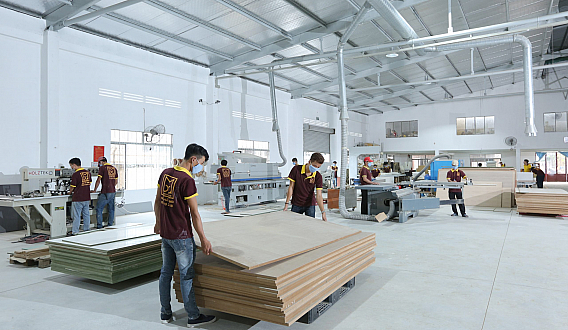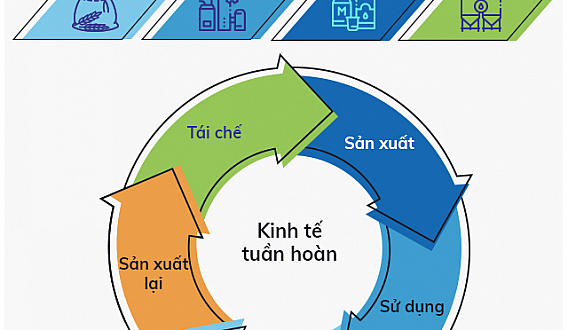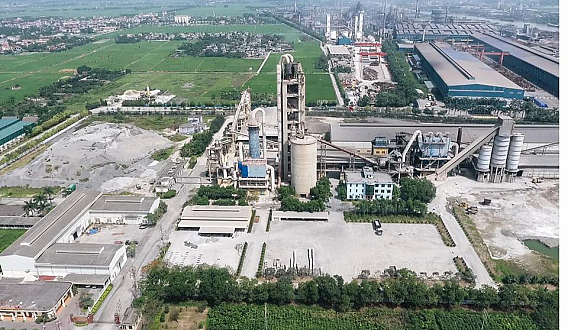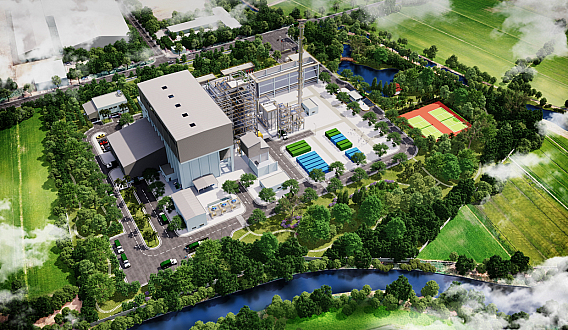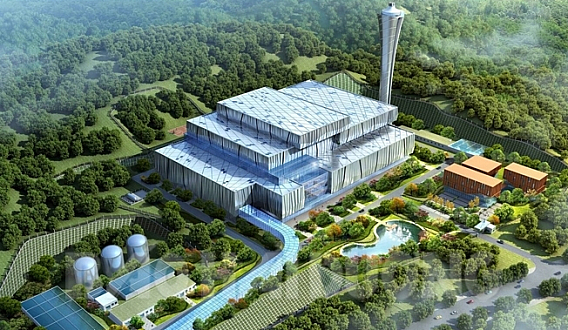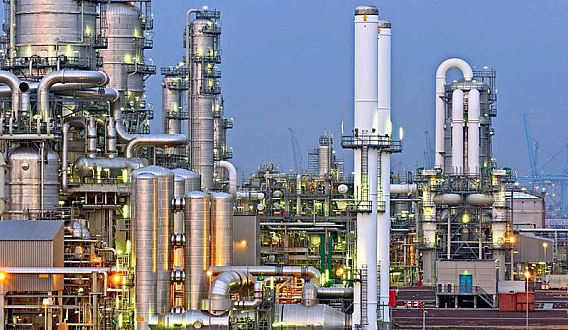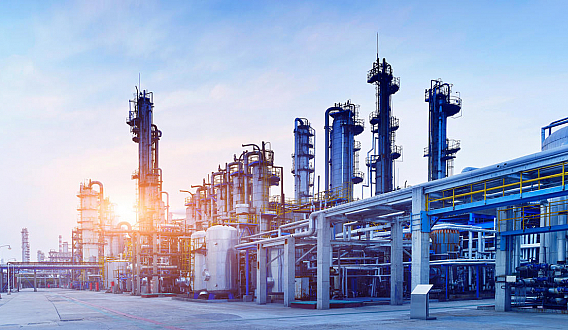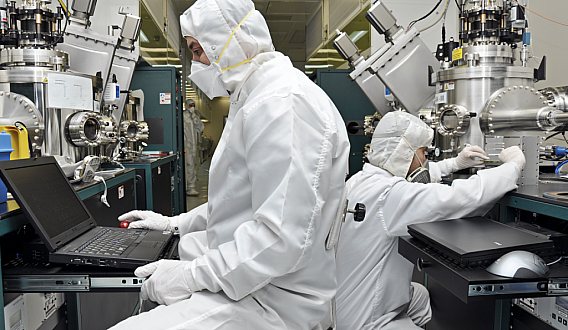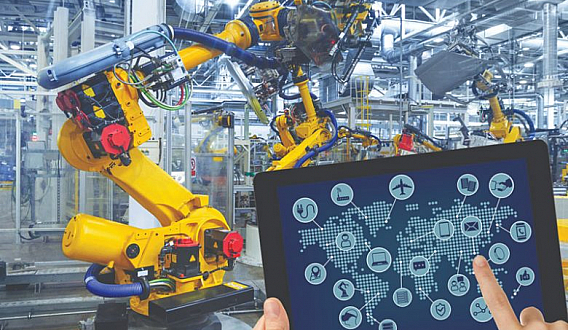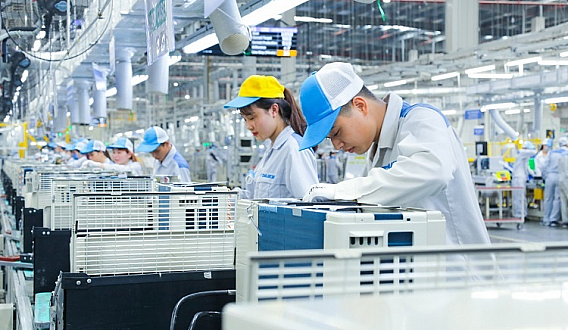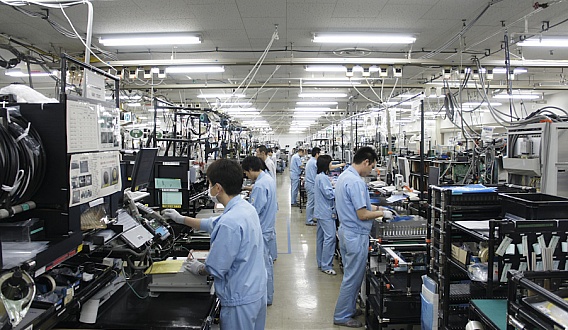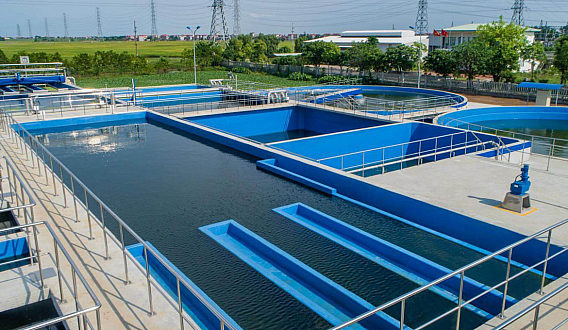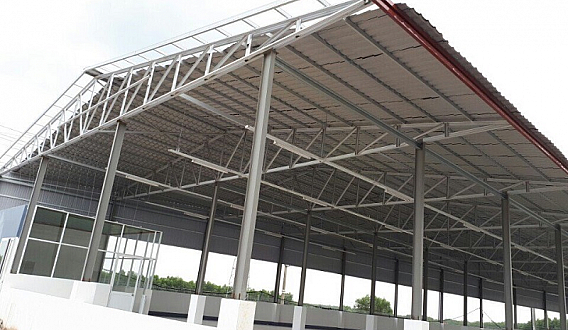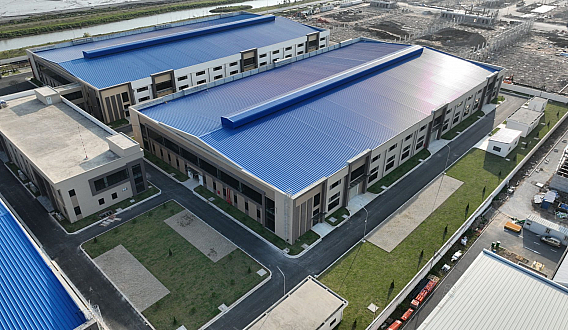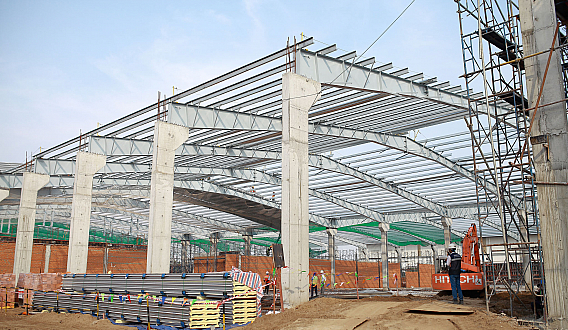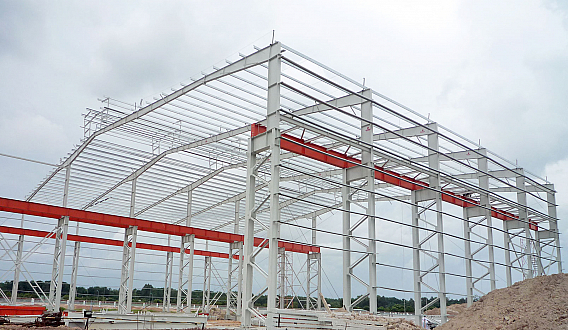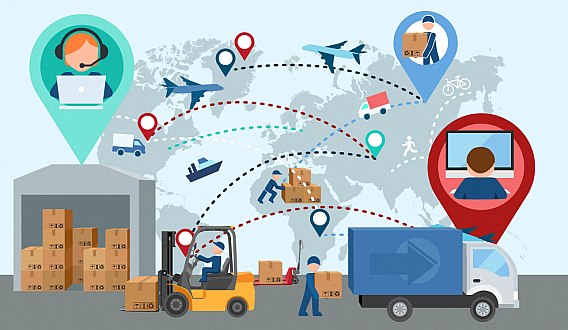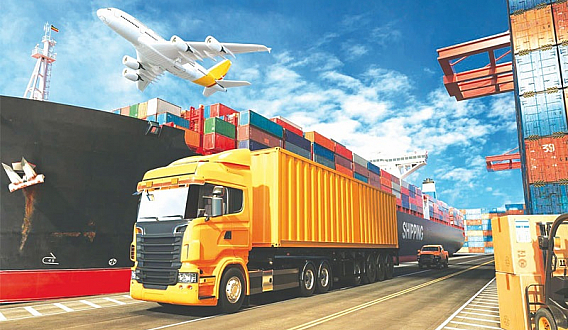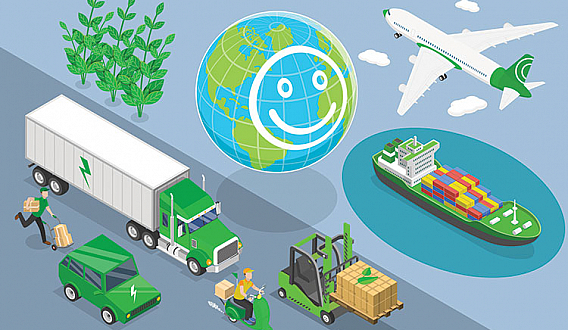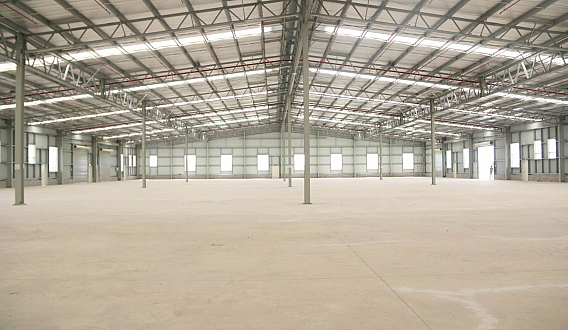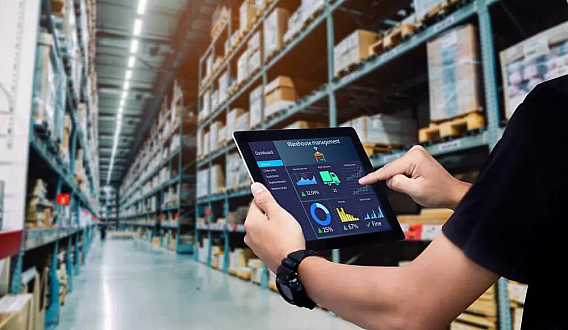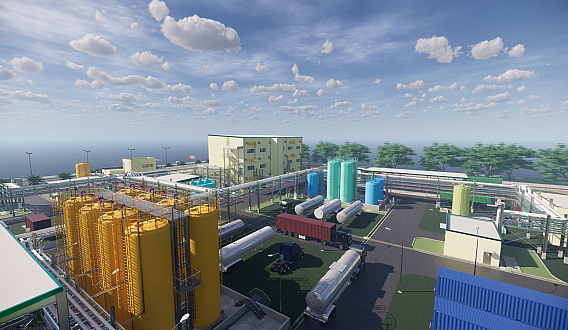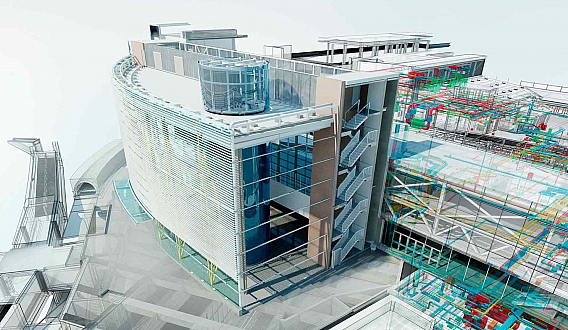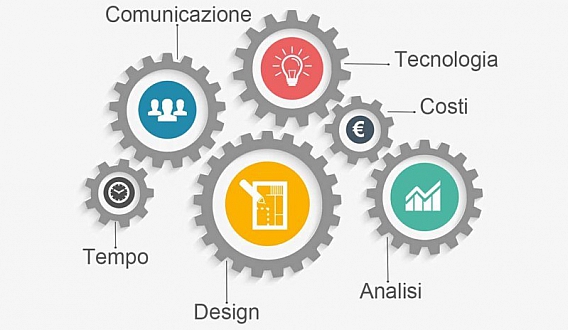Building a complete chemical industry sector to meet domestic and export demands
Building a complete chemical industry sector to meet domestic and export demands
By 2030, the average growth rate of the chemical industry will reach 10-11% per year and the proportion of the chemical industry compared to the total industry will reach about 4-5% in 2030. Deputy Prime Minister Le Van Thanh has signed Decision No. 726/QD-TTg approving the development strategy of the Vietnamese chemical industry until 2030, with a vision to 2040, with the perspective of rapidly and sustainably developing the chemical industry, applying modern technology, being environmentally friendly, aiming for green growth and circular economy.
Priority given to developing key sub-sectors
The priority is to develop key sub-sectors. By 2030, the chemical industry will have a relatively complete structure, including the production of production materials and consumer materials, serving many other industries, meeting the increasing demand in the domestic market and promoting exports. The focus will be on prioritizing the development of some key sub-sectors such as basic chemicals, petrochemicals, technical rubber, pharmaceuticals, and fertilizers.
By 2040, the Vietnamese chemical industry will be developed with most sub-sectors having advanced technology and product quality meeting international standards, deeply participating in the global value chain, using energy efficiently and competitively, and being equally competitive in international integration. Vietnam will take the initiative in researching, designing, manufacturing, and mastering the production technology of some high-quality products, contributing to the development of an independent and self-determined Vietnamese economy.
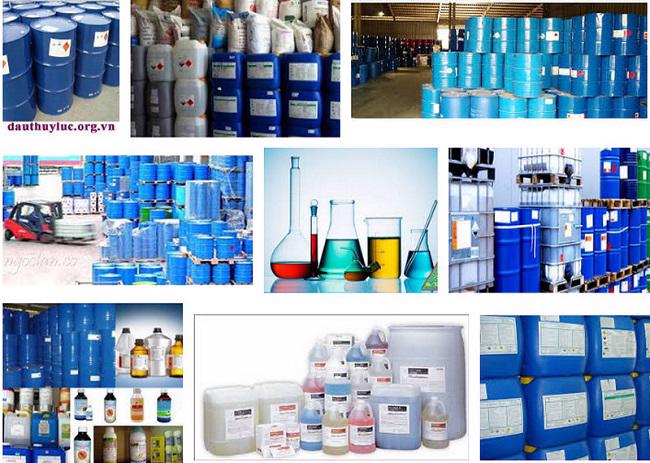
Regarding specific goals, the strategy aims to achieve an average annual growth rate of 10-11% for the chemical industry and a share of 4-5% in the entire industrial sector by 2030. In the period up to 2040, the average annual growth rate for the chemical industry is expected to be 7-8%, and the share in the industrial sector will remain at around 4-5%.
The group of products including fertilizers, plant protection chemicals, electrochemical power sources, cleaning agents, industrial gases, tire materials, paints, and inks is expected to grow by 3-5% from 2021 to 2030 and by 4-6% on average from 2031 to 2040.
The trade balance is aimed to be balanced in the period of 2021-2030, leading to a sustainable trade surplus in the period of 2030-2040. This is to achieve a trade balance with healthy and reasonable partners, thereby ensuring sustainable long-term growth.
Large-scale chemical complexes will be formed
According to the direction, Vietnam's chemical industry is developing towards becoming a modern, foundational industry with a relatively complete structure consisting of 10 sub-sectors: fertilizers, plant protection chemicals, pharmaceuticals, petroleum chemicals, basic chemicals (including precursor explosives and industrial explosive materials), rubber products, electrochemistry, cleaning agents, paints and inks, and industrial gases. Among them, the focus is on developing some key sub-sectors: basic chemicals, petroleum chemicals, technical rubber, pharmaceuticals, and fertilizers.
The existing production facilities will be reorganized and consolidated towards concentration and scale, maintaining and developing advanced technology factories, minimizing new formations, and gradually eliminating small-scale production facilities that use outdated technology, low resource efficiency, poor product quality, and environmental pollution.
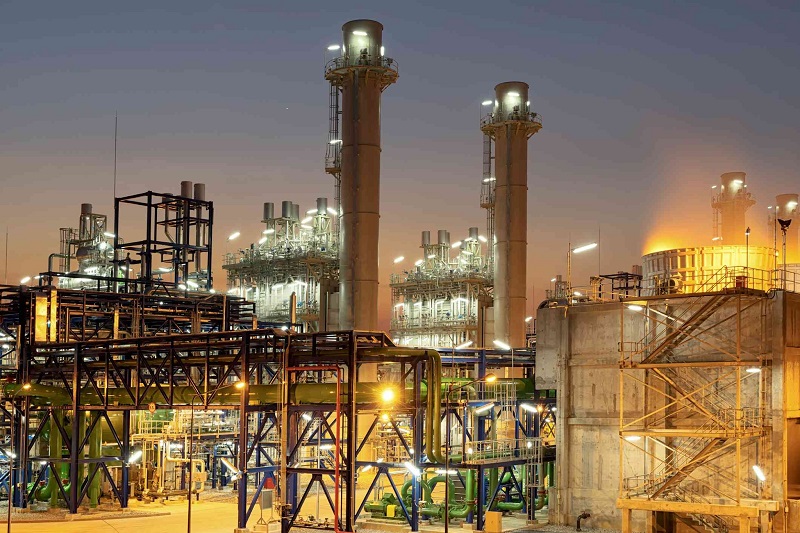
There will be a push for innovation, rearrangement, and improving the business efficiency of state-owned enterprises in the chemical industry, improving the efficiency of state capital utilization in state-owned enterprises, and overcoming scattered, ineffective investment.
The state will only hold controlling shares in enterprises operating in fundamental key areas such as chemical industrial park infrastructure, chemical business park infrastructure, priority chemical sub-sectors, large-scale investment capital or sub-sectors related to national defense and security. Private investment in the chemical industry will be encouraged, maximizing the domestic investment potential, and developing genuine private enterprises into an important driving force for chemical industry development.
The policy of attracting foreign direct investment (FDI) in the chemical industry will shift from quantity to quality, focusing on encouraging FDI projects to invest in priority areas, products, and projects that use advanced, modern, environmentally friendly technology, and bring high economic and social efficiency.

